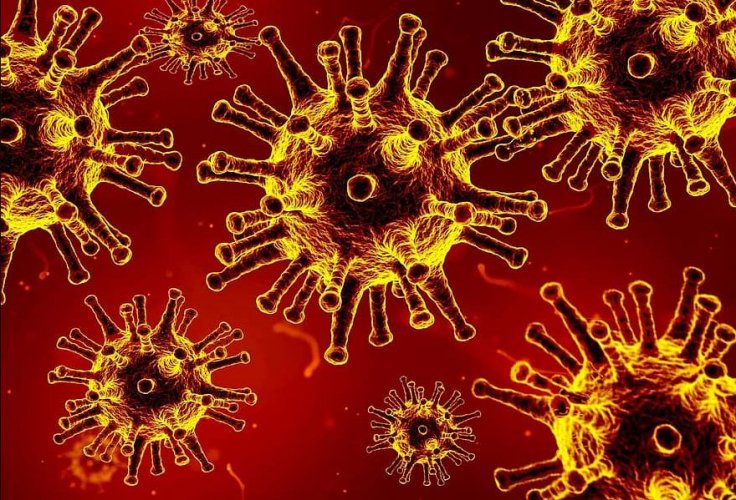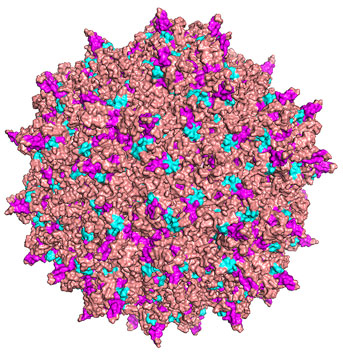British researchers have made a key finding that reveals why some people remain asymptomatic after getting infected with the novel coronavirus.
A team of researchers led by Newcastle University in the UK showed that the gene HLA-DRB1*04:01 is found three times as often in people who are asymptomatic, suggesting that people carrying this gene have some level of protection from severe Covid.
It is known that the human leukocyte antigen gene identified HLA-DRB1*04:01 is directly correlated to latitude and longitude, reports IANS. This means more people in the North and West of Europe are likely to have this gene.

More From IANS:
This suggests that populations of European descent will be more likely to remain asymptomatic but still transmit the disease to susceptible populations.
Important Finding
"This is an important finding as it may explain why some people catch Covid but don't get sick," Carlos Echevarria from the varsity's Translational and Clinical Research Institute.

"It could lead us to a genetic test which may indicate who we need to prioritise for future vaccinations.
"At a population level, this is important for us to know because when we have lots of people who are resistant, so they catch Covid but don't show symptoms, then they risk spreading the virus while asymptomatic," Echevarria said.
The study, published in the HLA journal, compared asymptomatic people to patients from the same community who developed severe Covid but had no underlying illnesses.
The team used samples from 49 patients with severe Covid who had been hospitalised with respiratory failure, samples from an asymptomatic group of 69 hospital workers who had tested positive through routine blood antibody testing and a control group from a study into the relationship between HLA genotypes and the outcomes of joint replacement surgery.









